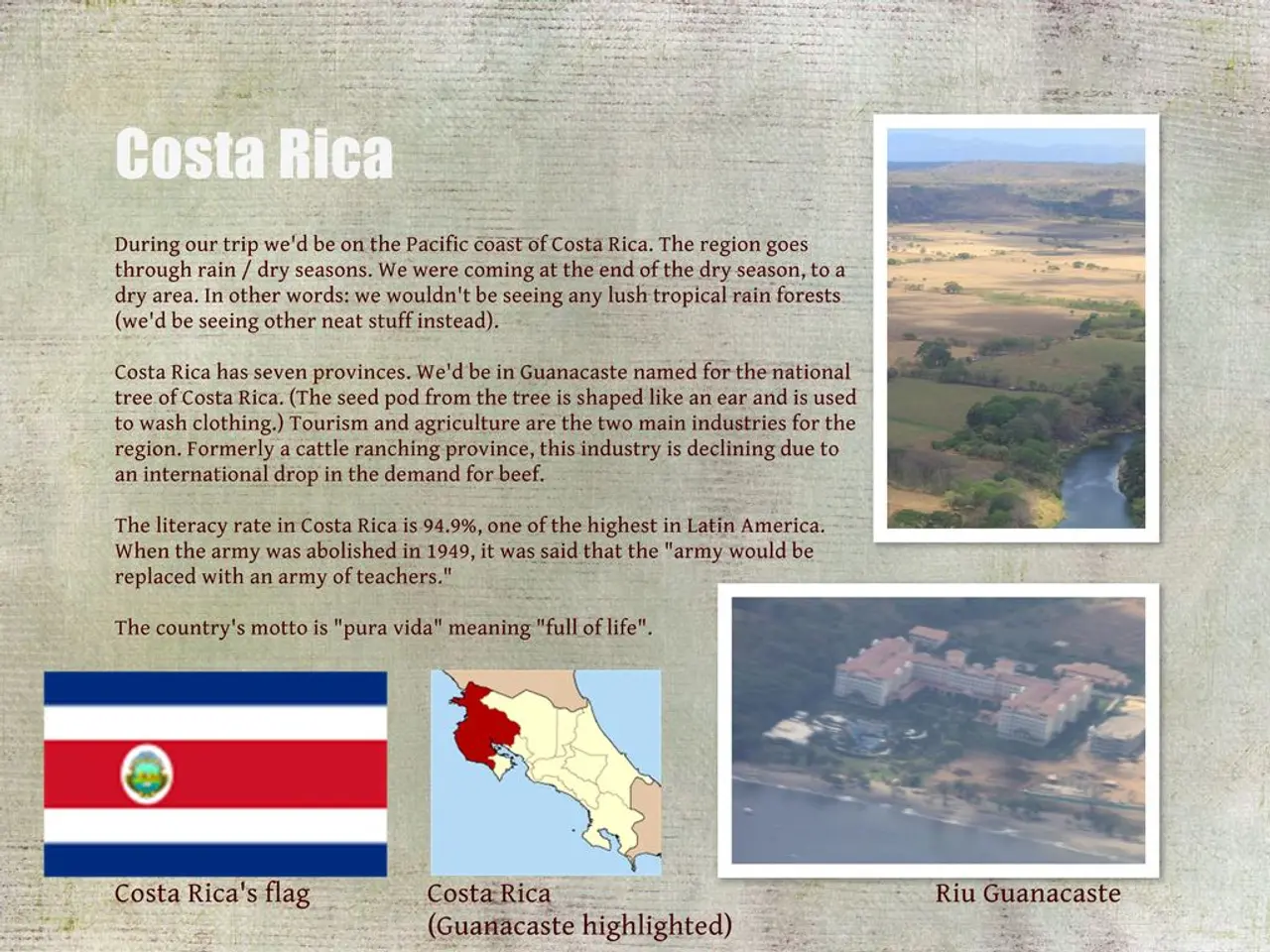Prolonged Power and Water Outages Affect Millions in Iran, Leaving Them Without Essential Services for Hours on End - Unrest in Iran: Hours of Power and Water Outages Affect Millions
Tehran Faces Compounded Crisis of Heat, Water Scarcity, and Energy Shortages
The city of Tehran, Iran, is currently grappling with a multi-faceted crisis, as extreme heat, water scarcity, and energy shortages plague the metropolis. The city's infrastructure and resources are under immense strain due to soaring temperatures and a persistent water crisis, leading to power outages and water disruptions affecting millions of residents.
In an effort to address these challenges, authorities have implemented stricter rationing measures. Private households are now subject to 12-hour cuts in water supply, as ordered to limit consumption and alleviate shortages [1]. Businesses and offices have been closed during peak heat to reduce the load on the power grid and ease electricity demand amid frequent and extended blackouts [3]. Additionally, Wednesdays have been declared a public holiday in Tehran and surrounding regions, with the aim of reducing water and energy use, although this measure has been criticized for lacking long-term impact [1].
The root causes of these issues are numerous. Longstanding drought and environmental degradation have led to depleted groundwater reserves and land subsiding due to overuse of wells [1][4]. Increased electricity demand during extreme heat, coupled with outdated infrastructure and international sanctions limiting energy production, has resulted in power shortages and outages that exacerbate the crisis, particularly in poorer neighborhoods [2][3]. Political conflicts and sanctions further limit resources and complicate infrastructure upgrades [2]. Moreover, poor water management and the fragmentation of projects have hindered the implementation of comprehensive, integrated long-term strategies [1][4][5].
The power outages in Tehran last up to four hours in total, causing a disruption to water supply in many homes. During these outages, air conditioners in many households fail to function, making the already sweltering conditions even more unbearable. The news agency Tasnim has reported on the power outages in Tehran, highlighting the severity of the situation.
As the city administration turns off power to private households twice a day, the need for long-term reforms becomes increasingly apparent. The current rationing measures are largely aimed at providing short-term relief, while more comprehensive, sustainable solutions remain unimplemented or insufficient [1][3][4][5]. The extreme temperatures in Tehran can reach up to 37 degrees Celsius, making the situation even more dire.
In the face of this compounded crisis, the people of Tehran continue to persevere, hoping for a brighter, more sustainable future. The city's leaders must prioritize long-term reforms to address the underlying issues and ensure a more secure and prosperous future for all Tehran's residents.
[1] The Guardian [2] Al Jazeera [3] Reuters [4] The New York Times [5] BBC News
- The current situation in Tehran, wherein the city is grappling with multiple crises including extreme heat, water scarcity, and energy shortages, highlights the need for a comprehensive employment policy that addresses the issues of infrastructure maintenance and sustainable resource management, crucial elements in alleviating the environmental challenges faced by the city.
- In light of the political conflicts and international sanctions hindering infrastructure upgrades, it is crucial for policy-makers and authorities to collaborate with scientists in the field of environmental science and climate-change research, to devise sustainable solutions and advocate for policy-and-legislation that prioritizes long-term environmental protection and resource conservation.
- The ongoing compounded crisis in Tehran underscores the importance of progressive and effective governance in tackling climate-change and environmental degradation, as the politics playing a role in complicating these issues ultimately affects the livelihoods, employment, and overall well-being of its residents, with general-news outlets, such as The Guardian, Al Jazeera, Reuters, The New York Times, and BBC News, playing a crucial role in shedding light on such matters and holding government accountable.








